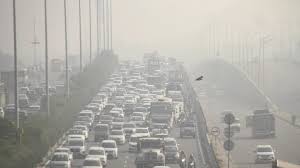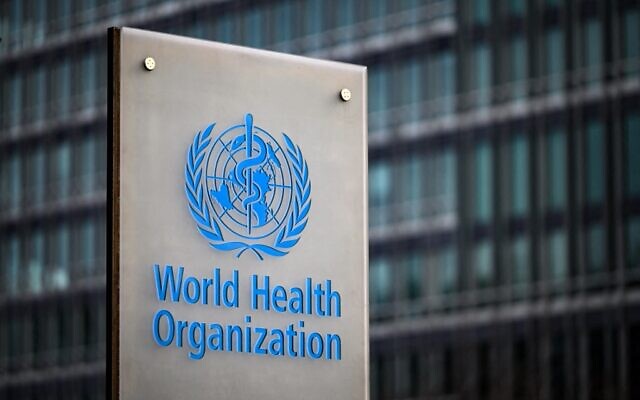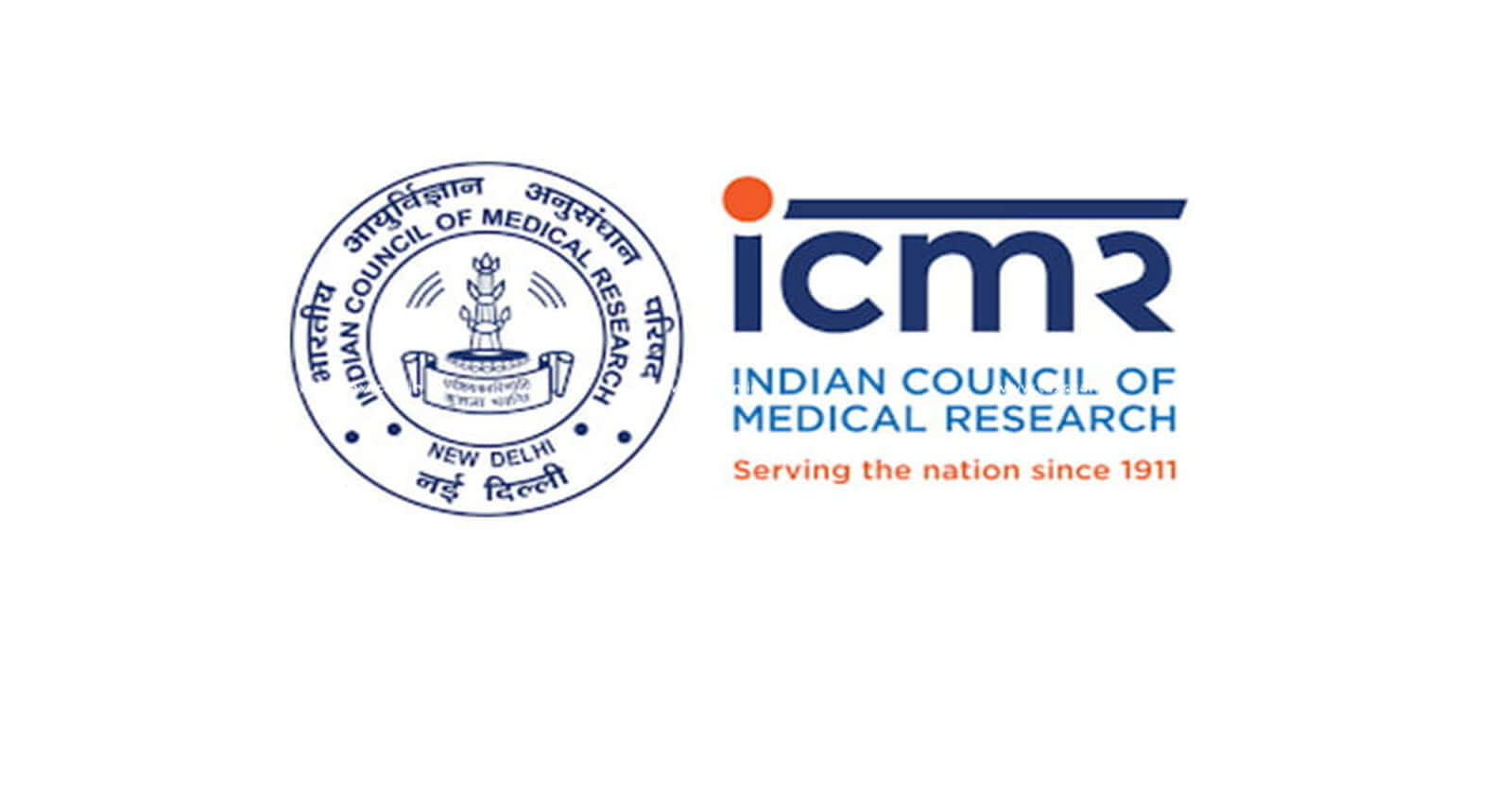Doctors warn toxic air is damaging your heart, immune system and mental health
Tue 21 Oct 2025, 01:09:10

As Delhi prepares for Diwali, the city is once more enveloped in a dense grey smog. On the festival's eve, the Air Quality Index (AQI) in the capital reached 278 (poor), while Anand Vihar registered a severe 426, indicating the return of hazardous air.
Doctors warn that this isn’t just a seasonal concern; it’s a growing public health emergency that goes far beyond coughing or breathlessness. The heart, blood vessels, and even the body’s immune defences are all under silent attack.
Air pollution is no longer just a lung problem
Dr L. K. Jha, Associate Director and Head of Unit-II, Cardiology at Asian Hospital, says the effects of Delhi’s worsening air are now being felt far beyond the respiratory system.“Over the past few years, we’ve been seeing more patients with no previous history of heart disease or autoimmune disorders presenting with symptoms that can be traced back to air pollution,” explains Dr Jha.
Toxins and pollutants such as particulate matter (PM2.5), nitrogen oxides, and carbon compounds create chronic, low-grade inflammation throughout the body. “This isn’t limited to the lungs,” he adds. “It spreads systemically, accelerating atherosclerosis, raising blood pressure, and putting unnecessary strain on the heart.”
Meanwhile, Dr Pavitra Shankar, Associate Consultant- Psychiatry, Aakash Healthcare, sheds light on the mental health problems caused by the smog. She shares, "The notorious air pollution in Delhi does not just choke our lungs, but it gets into our brain silently, and it has its impacts on our mental health, which many people might not even notice. New studies are also beginning to correlate long-term exposure to smog and small particles of fine material with cognitive impairment, mood disorders and even neurodegenerative illnesses. Harmful particles, when introduced into the bloodstream, cause inflammation, oxidative stress and hormonal imbalance, all of which may have a subtle yet significant effect on the functioning of the brain. Constant fatigue, inability to focus, being angry, and disturbed sleep patterns are usually reported by people as the initial signs that the mind is having a hard time in its conditions of environmental stress."
Smog may trigger autoimmune flare-ups
According to Dr Jha, one of the more troubling trends is the apparent connection between toxic air and autoimmune reactions—where the immune system mistakenly attacks healthy cells.
“We’re seeing more flare-ups of autoimmune diseases like rheumatoid arthritis, lupus, and even thyroid disorders during periods of heavy pollution,” he notes.
In some genetically predisposed people, chronic exposure to toxins may act as a trigger. This immune overactivity not only
worsens pre-existing illnesses but also increases the risk of inflammation that damages heart tissue.
worsens pre-existing illnesses but also increases the risk of inflammation that damages heart tissue.
Healthy individuals aren’t spared
Even those who consider themselves healthy are not immune. Dr Jha points out that it’s increasingly common to find patients with no known cardiac risk factors showing raised inflammatory markers, irregular heart rhythms, or early arterial stiffening, conditions often linked to environmental stressors like air pollution. “People underestimate how directly air quality impacts heart health,” he warns. “What they breathe in daily slowly reshapes their cardiovascular risk profile.”
How to protect yourself
While Delhi’s air crisis demands systemic reform, individuals can still take measures to reduce exposure and support body resilience:
. Track AQI daily and avoid outdoor activity when pollution levels are high.
. Use N95 masks when commuting or walking outdoors.
. Invest in indoor air filters and purifiers, especially for bedrooms and living spaces.
. Include antioxidant-rich foods — such as citrus fruits, turmeric, green tea, and nuts, to help counter oxidative stress.
Those with existing heart or autoimmune conditions should stay in regular contact with their doctors and monitor symptoms closely. “The pre-existing patients with cardiovascular or autoimmune diseases are the most susceptible,” says Dr Jha. “They should be proactive about managing their exposure and treatment plans.”
"The solution to this silent menace lies in a two-fold strategy: personal attention and wider environmentalism. Personally, this can be reduced by exposure by the home use of air purifiers, high-quality masks when they are outside, and less outdoor activity during peak pollution hours. The impact can also be mitigated by maintaining a healthy lifestyle that promotes the health of the brain, such as a healthy diet, physical activity, sleep, and mindfulness exercises. Notably, by identifying the initial symptoms of mood variability, anxiety, or cognitive impairment and addressing the problem with the help of professionals, more severe mental health outcomes may be avoided, " adds Dr Pavitra.
Why this matters
Long-term research continues to strengthen the connection between systemic inflammation, environmental toxins, and chronic disease. As Dr Jha emphasises, “Our role as doctors goes beyond treatment — it’s about advocacy. Patients must understand that pollution doesn’t just choke the lungs, it silently reshapes the heart and immune system over time.” Delhi’s toxic air, he says, is no longer just a seasonal inconvenience. It’s a slow-burning health crisis that demands both awareness and urgent intervention.
No Comments For This Post, Be first to write a Comment.
Most viewed from Health
AIMIM News
Latest Urdu News
Most Viewed
May 26, 2020
Can Lionel Messi's visit boost Indian football?
Latest Videos View All
Like Us
Home
About Us
Advertise With Us
All Polls
Epaper Archives
Privacy Policy
Contact Us
Download Etemaad App
© 2026 Etemaad Daily News, All Rights Reserved.

























.jpg)
.jpg)
.jpg)


